In recent years, the cannabis industry has witnessed a surge of interest in a unique product: THCA flower. This lesser-known cousin of traditional cannabis is making waves among enthusiasts and medical users alike. But what exactly is THCA flower, and why is it garnering so much attention? This comprehensive guide will delve into the world of THCA flower, exploring its properties, benefits, and potential applications.
At its core, THCA flower refers to cannabis buds that contain high levels of tetrahydrocannabinolic acid (THCA), the non-psychoactive precursor to THC. These flowers are cultivated and processed in a way that preserves the THCA content, offering a unique set of properties that distinguish it from conventional cannabis products.
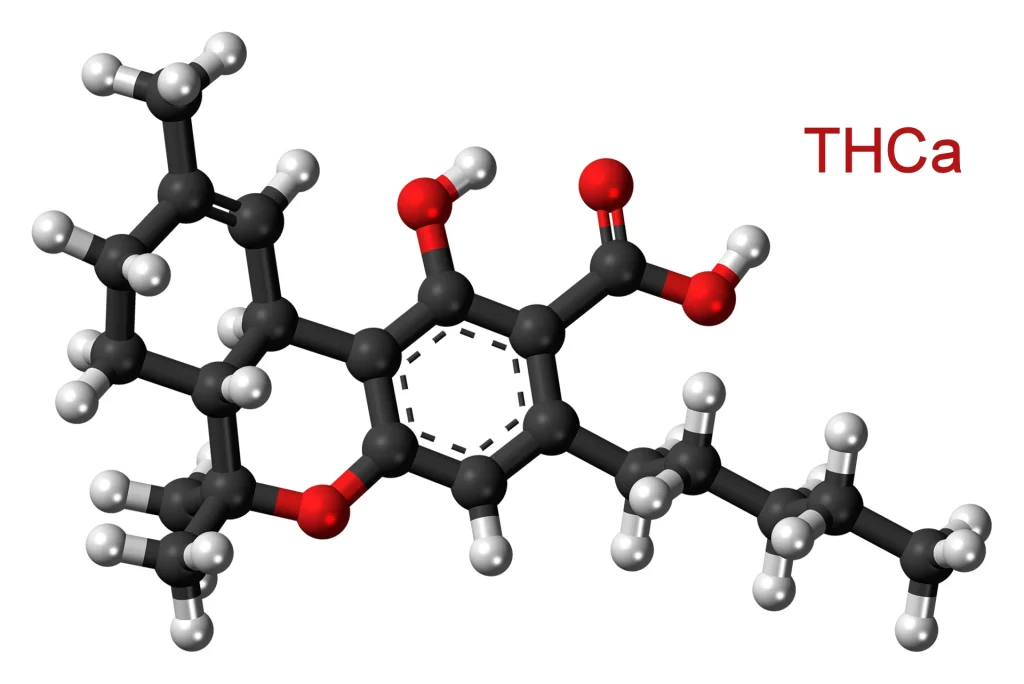
THCA is a cannabinoid found in raw and live cannabis plants. It’s the acidic form of THC, the compound responsible for the psychoactive effects typically associated with cannabis use. The key difference lies in the molecular structure: THCA has an additional carboxyl group, which prevents it from binding to the CB1 receptors in the brain that cause the “high” sensation.
The primary distinction between THCA and THC is their effect on the human body. While THC is known for its psychoactive properties, THCA does not produce intoxicating effects. This crucial difference makes THCA flower an attractive option for those seeking the potential therapeutic benefits of cannabis without the associated “high.”
Creating high-quality THCA flower requires careful cultivation and processing techniques to maintain the integrity of the THCA compound.
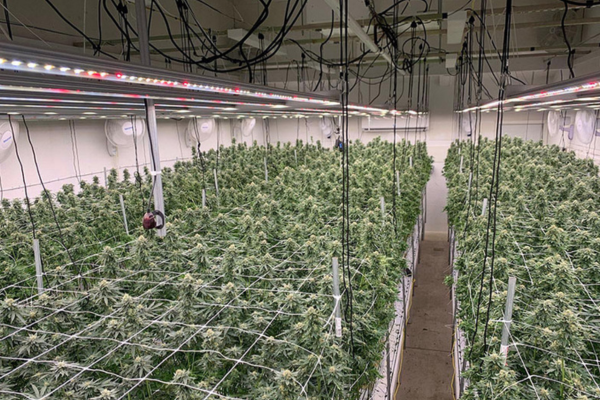
Cultivators focus on strains known for their high THCA content. The plants are typically grown in controlled environments to optimize THCA production. Factors such as light exposure, temperature, and nutrient balance play crucial roles in maximizing THCA levels.
The harvesting process is critical in preserving THCA. Unlike traditional cannabis, which may be dried and cured at higher temperatures, THCA flower is often processed at lower temperatures to prevent the conversion of THCA to THC. Some producers use freeze-drying techniques to maintain the flower’s THCA content.
The legal landscape surrounding THCA flower can be complex and varies significantly across jurisdictions.
At the federal level in the United States, the legal status of THCA flower remains in a gray area. While the 2018 Farm Bill legalized hemp and hemp-derived products containing less than 0.3% THC, it did not explicitly address THCA. This ambiguity has led to varying interpretations and enforcement practices.
The legality of THCA flower can differ dramatically from state to state. Some states have embraced THCA products as part of their cannabis or hemp programs, while others have imposed restrictions or outright bans. It’s crucial for consumers to research and understand the laws in their specific location before purchasing or using THCA flower.
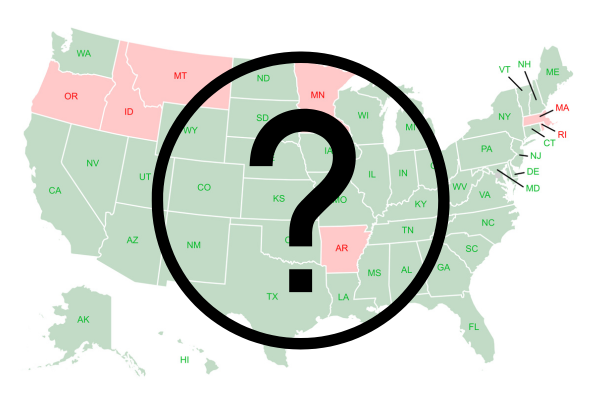
While research on THCA is still in its early stages, preliminary studies and anecdotal evidence suggest several potential benefits.
One of the most promising aspects of THCA is its potential anti-inflammatory effects. Some studies indicate that THCA may help reduce inflammation in the body, which could be beneficial for conditions such as arthritis or inflammatory bowel diseases.
Emerging research suggests that THCA may have neuroprotective properties. This could potentially make it valuable in managing neurodegenerative disorders, although more comprehensive studies are needed to confirm these effects.
THCA has shown promise as an antiemetic, potentially helping to reduce nausea and vomiting. This property could be particularly beneficial for patients undergoing chemotherapy or those with conditions that cause chronic nausea.
Unlike traditional cannabis, THCA flower is typically not smoked or vaporized, as heat would convert THCA to THC. Instead, users explore alternative consumption methods to preserve the THCA content.
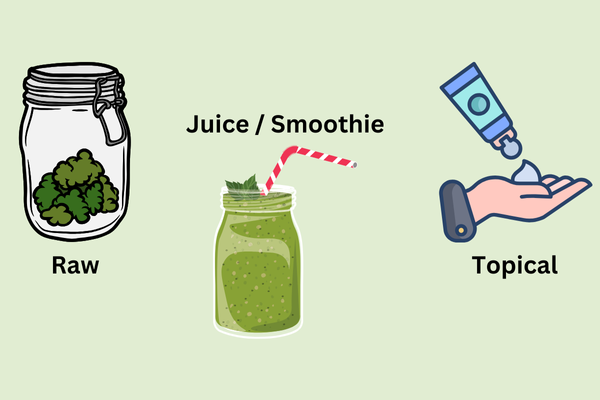
Some enthusiasts choose to consume THCA flower raw, either by eating the flower directly or incorporating it into uncooked dishes. This method ensures that the THCA remains intact.
A popular method of consuming THCA flower is through juicing or adding it to smoothies. This allows for easy consumption and can be combined with other nutritious ingredients for added benefits.
THCA flower can be used to create topical preparations, such as oils or creams. These products are applied directly to the skin and may offer localized effects without systemic absorption.
Understanding the differences between THCA flower and conventional cannabis products is crucial for consumers making informed choices.
The most significant difference lies in the psychoactive effects. While traditional cannabis products containing THC produce a “high,” THCA flower does not cause intoxication when consumed in its raw form.
Both THCA flower and traditional cannabis have potential medicinal applications, but they may be suited for different purposes. THCA flower might be preferred by those seeking therapeutic benefits without psychoactive effects, while THC-containing products may be chosen for their pain-relieving or appetite-stimulating properties.
When evaluating THCA flower, several factors contribute to its overall quality and effectiveness.
Terpenes, the aromatic compounds found in cannabis, play a significant role in the flower’s effects and flavor profile. High-quality THCA flower should have a rich and diverse terpene profile.
The concentration of THCA and other cannabinoids is a crucial quality indicator. Reputable producers will provide detailed cannabinoid profiles, allowing consumers to make informed decisions based on their specific needs.
As with any cannabis product, it’s essential to purchase THCA flower from reliable sources and know what to look for to ensure quality and safety.
Always purchase THCA flower from licensed, reputable providers. These vendors should be transparent about their sourcing and production methods, ensuring that you receive a high-quality, safe product.
Legitimate THCA flower products should come with a Certificate of Analysis (COA) from an independent laboratory. This document provides detailed information about the product’s cannabinoid profile, terpene content, and any potential contaminants.
The future of THCA flower in the cannabis industry looks promising, with growing interest from both consumers and researchers. As more studies are conducted and regulations evolve, we may see an expansion in the availability and applications of THCA flower products.
THCA flower represents an exciting frontier in the world of cannabis. Its unique properties offer a new perspective on the potential benefits of cannabinoids without the psychoactive effects typically associated with cannabis use. As research progresses and more people discover THCA flower, it’s likely to play an increasingly significant role in both the recreational and medicinal cannabis markets.
Whether you’re a seasoned cannabis enthusiast or simply curious about alternative wellness options, THCA flower offers a fascinating avenue to explore. By understanding its properties, benefits, and proper usage, you can make informed decisions about incorporating THCA flower into your lifestyle.
No, consuming raw THCA flower will not produce psychoactive effects. THCA only becomes psychoactive when it’s converted to THC through heat or other processes.
While both are non-psychoactive, THCA and CBD are different cannabinoids with distinct properties. THCA is the precursor to THC, while CBD is a separate cannabinoid with its own set of potential benefits.
Most standard drug tests look for THC metabolites, not THCA. However, there’s a small risk that THCA could convert to THC in the body or during testing, potentially leading to a positive result.
The legality of purchasing THCA flower online depends on your location and the specific laws in your area. Always check local regulations before making a purchase.
To preserve its THCA content, store the flower in an airtight container in a cool, dark place. Avoid exposure to heat, light, and moisture, which can degrade the cannabinoids.
While you can incorporate THCA flower into recipes, it’s important to remember that heat will convert THCA to THC. For non-psychoactive effects, use THCA flower in raw or cold preparations.

Explore this cbd consumption methods tutorial and follow the step-by-step process to select, use, and verify the safest ways to consume CBD for wellness.
Read More
Learn what CBD edibles are, their main types, expected effects, legal status, safety factors, and how they compare to other forms of CBD.
Read More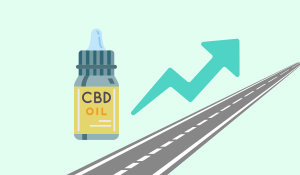
Therapeutic Uses of CBD Managing Chronic Pain with CBD Struggling with chronic pain? CBD might help. Studies suggest it can reduce inflammation and alleviate discomfort,...
Read More
Just as CBD may help humans due to its interaction with the body’s endocannabinoid system, the same is true of dogs. CBD has the potential...
Read More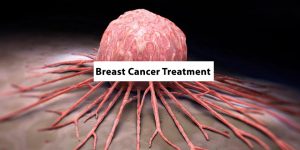
Cannabis has been used for millennia to treat numerous health conditions. Current research offers promising results on the effects of CBD oil on breast cancer.
Read More
What Is CBD for Cats? CBD (Cannabidiol) is a natural compound from hemp. It’s non-psychoactive, meaning your cat won’t get “high.” Instead, it works with...
Read More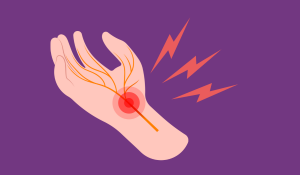
1. Understanding Neuropathic Pain Neuropathic pain results from nerve damage or dysfunction, causing symptoms like burning, tingling, or sharp shooting pains. Common Causes: Symptoms Include:...
Read More
CBD for Pets: A Pet Parent’s Guide to Dosage We all want the best for our pets, especially when they’re struggling with pain, anxiety, or...
Read More
What Is Lupus? Lupus is a long-term autoimmune condition that can impact multiple organs, including the skin, heart, lungs, and kidneys. The most common type...
Read More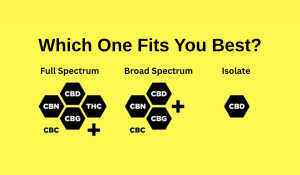
1. Full-Spectrum CBD: The All-In-One Option What it is: Contains CBD, minor cannabinoids, terpenes, flavonoids — and less than 0.3% THC. Why choose it: Promotes...
Read More